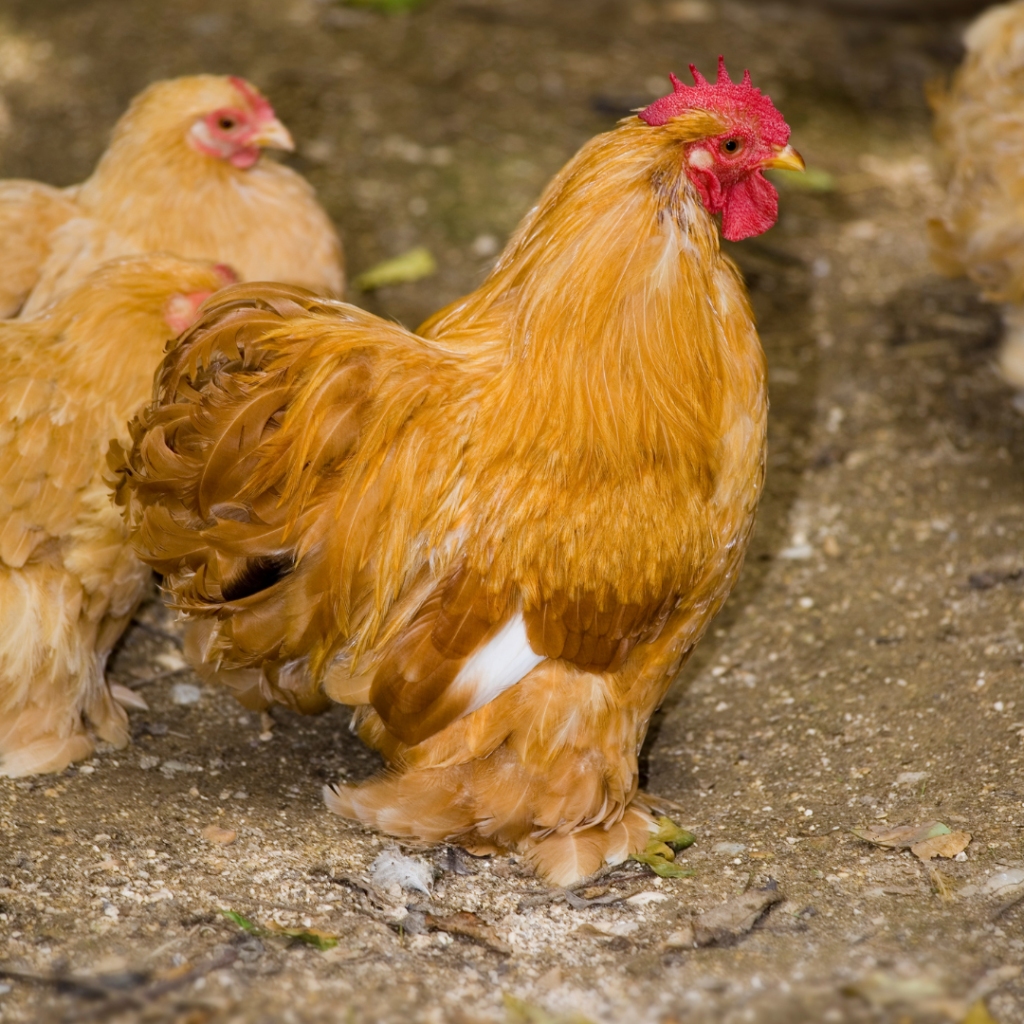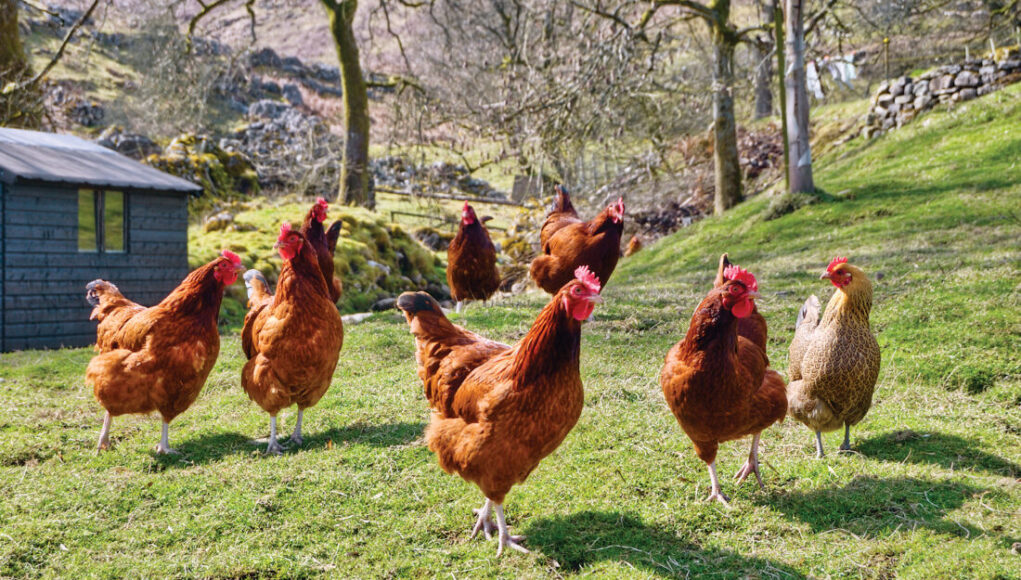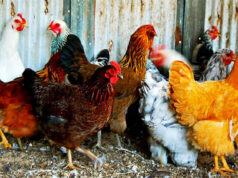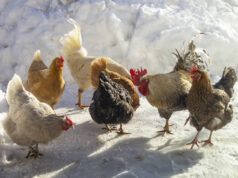The poultry world is buzzing about chicken beak disease. This condition has become a significant concern for chicken farmers and poultry enthusiasts alike. Understanding the causes, symptoms, and treatments of chicken beak disease is crucial for maintaining the health and productivity of your flock.

What is Chicken Beak Disease?
Chicken beak disease encompasses several conditions that affect the beak of chickens. These conditions can range from minor irritations to more severe deformities that can hinder a chicken’s ability to eat and drink.
Types of Chicken Beak Disease
There are several types of beak diseases that chickens can suffer from, including scissor beak, beak rot, and beak overgrowth. Each type has its causes and treatments, making it essential to identify the specific issue affecting your bird.
Understanding Chicken Beak Anatomy
A chicken’s beak is vital for its survival. It is used for feeding, preening, and defending itself. Understanding the anatomy of a chicken beak can help in identifying what may be going wrong when signs of disease appear.

Causes of Chicken Beak Disease
Several factors can lead to the development of beak disease in chickens. These include genetics, improper diet, and poor housing conditions.
Genetic Factors
Some beak conditions are hereditary. Breeding chickens with a history of beak problems can increase the likelihood of these issues appearing in future generations.
Dietary Causes
Improper nutrition is a common cause of beak problems. A balanced diet rich in essential vitamins and minerals is crucial for beak health.
Environmental Factors
Housing conditions play a significant role in preventing beak disease. Adequate space, proper ventilation, and access to clean water are essential to maintaining healthy beaks.

Symptoms of Chicken Beak Disease
Early detection of beak disease can save time, money, and the health of your flock. Look for signs such as beak deformities, difficulty eating or drinking, and changes in behavior.
Physical Symptoms
Visible deformities, discoloration, or overgrowth are immediate signs that something may be wrong with your chicken’s beak.
Behavioral Symptoms
Chickens with beak disease may exhibit unusual behaviors such as reduced eating and drinking, lethargy, or aggression due to discomfort.

Diagnosis of Chicken Beak Disease
A proper diagnosis by a veterinarian is essential to treating beak disease effectively. They can perform a thorough examination and may recommend diagnostic tests to identify the specific cause.
Veterinary Examination
During a veterinary examination, the vet will look for physical signs of disease and assess the overall health of the chicken.
Diagnostic Tests
Tests such as blood work or X-rays may be needed to identify underlying causes or secondary infections related to beak disease.
Treatment Options for Chicken Beak Disease
Treatment for beak disease varies depending on the type and severity of the condition. Options include dietary changes, medications, and surgical interventions.
Dietary Adjustments
Nutrition plays a crucial role in treatment. Providing a balanced, nutrient-rich diet can help improve beak health and prevent further issues.
Medications
In cases of infection or inflammation, medications such as antibiotics or anti-inflammatories may be prescribed by a veterinarian.
Surgical Interventions
For severe deformities, surgical correction may be necessary. Procedures can be complex and should only be carried out by experienced veterinarians.
Preventing Chicken Beak Disease
Prevention is always better than cure. Regular health checks, proper nutrition, and optimal housing conditions are key to preventing beak problems.
Routine Health Checks
Regularly inspect your chickens for signs of beak disease. Early detection can prevent more severe problems down the line.
Optimal Nutrition
A balanced diet with essential nutrients can keep your chicken’s beak healthy and strong.
Proper Housing
Ensure your chickens have adequate space, clean water, and proper ventilation to prevent environmental causes of beak disease.
Case Studies
To better understand the real-world impact of chicken beak disease, let’s look at some case studies of affected birds and how they were treated.
Case Study 1: Scissor Beak
A young hen developed a scissor beak condition that made it difficult for her to eat. After dietary adjustments and careful monitoring, she showed significant improvement.
Case Study 2: Beak Rot
An adult rooster was diagnosed with beak rot. Prompt treatment with antibiotics and improved housing conditions led to a full recovery.
Case Study 3: Beak Overgrowth
A senior hen suffered from beak overgrowth. Regular trimming and a nutrient-rich diet helped manage the condition effectively.
Common Myths About Chicken Beak Disease
There are many misconceptions about chicken beak disease. Busting these myths can help poultry enthusiasts take better care of their birds.
Myth 1: Beak Disease Is Rare
In reality, beak disease is quite common and can affect chickens of all breeds and ages.
Myth 2: Only Poorly Raised Chickens Get Beak Disease
Even well-cared-for chickens can develop beak problems due to genetic factors or other unavoidable conditions.
Myth 3: There Is No Cure
Many types of beak disease are treatable with proper care, nutrition, and veterinary intervention.
Conclusion
Chicken beak disease is a significant concern for poultry enthusiasts. However, with the right knowledge, preventive measures, and treatments, it can be managed effectively. Stay vigilant, provide proper care, and consult with veterinarians to ensure your flock stays healthy and happy.
FAQs
Q: What causes beak deformities in chickens?
A: Beak deformities can be caused by genetic factors, improper nutrition, or poor housing conditions.
Q: How can I prevent chicken beak disease?
A: Prevention includes regular health checks, a balanced diet, and maintaining optimal housing conditions.
Q: Is chicken beak disease treatable?
A: Yes, many types of beak disease are treatable with proper care, dietary adjustments, and veterinary intervention.
For further reading, visit this [link](http://extension.msstate.edu/agriculture/livestock/poultry/diseases-poultry) (rel=’nofollow’) for more in-depth information on poultry diseases.
Check out more interesting articles such as Chicken Disease Symptoms and Chicken Respiratory Disease on our website.
As an Amazon Associate, I earn from qualifying purchases.










